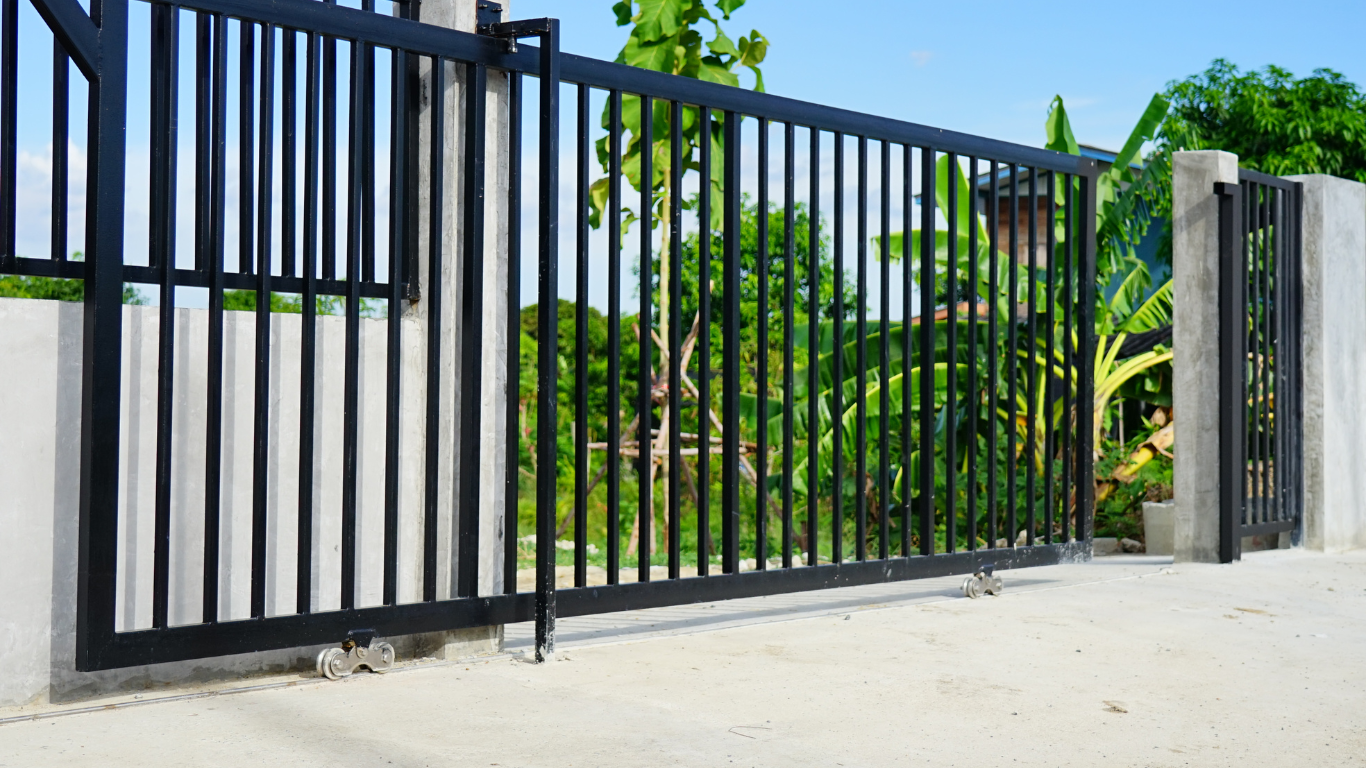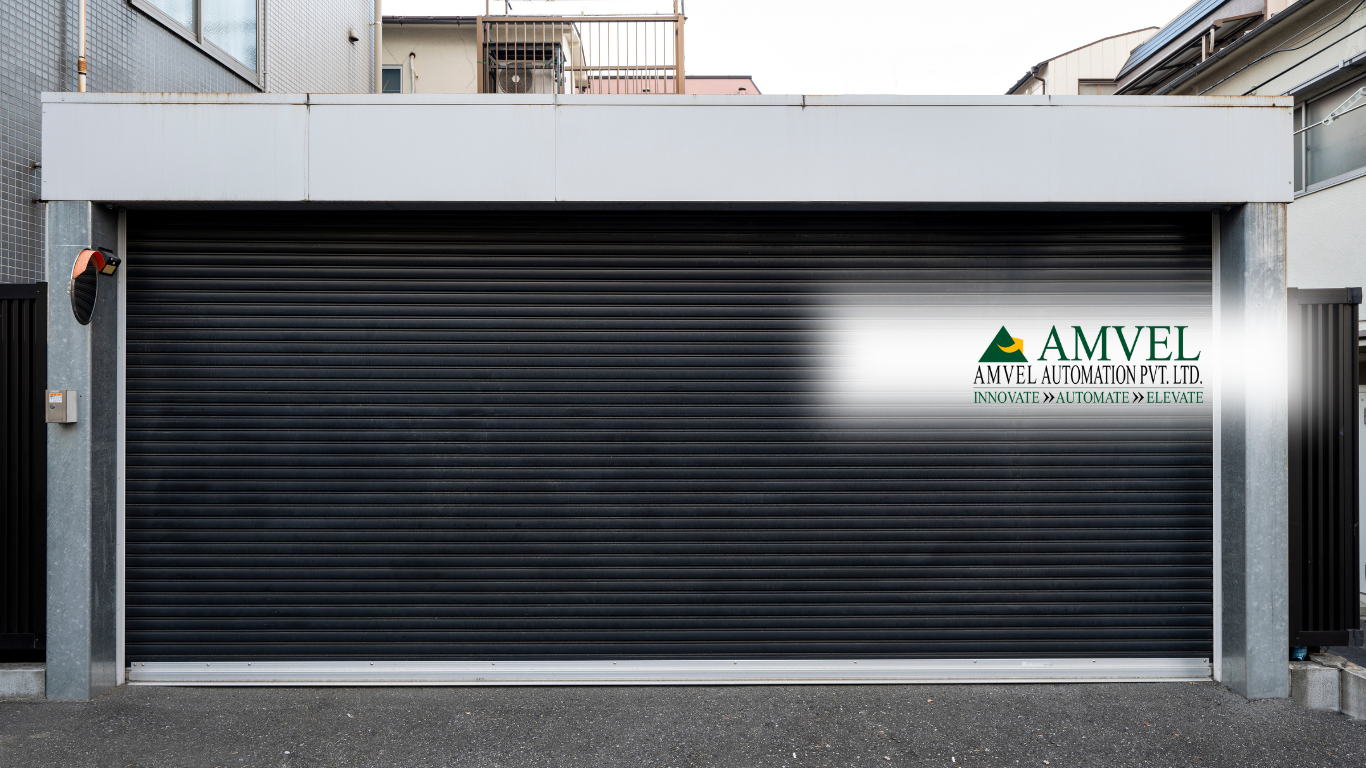Table of Contents
ToggleIntroduction
Industrial doors are a crucial component of warehouses, factories, and commercial buildings. They ensure seamless access, security, and environmental control for industrial operations. However, many businesses overlook the significance of regular maintenance, leading to costly repairs, operational disruptions, and safety hazards.
For industrial door manufacturers, promoting proper maintenance is essential for ensuring product longevity and customer satisfaction. Routine servicing helps in preventing unexpected breakdowns, optimizing energy efficiency, and enhancing workplace safety. In this article, we will explore the key reasons why regular industrial door maintenance is necessary and how it benefits businesses.
Benefits of Regular Industrial Door Maintenance
1.1 Enhanced Safety and Compliance
Industrial doors are often large and heavy, making them potential safety risks if not properly maintained. Malfunctioning doors can lead to workplace accidents, property damage, or even legal liabilities.
Regulatory bodies such as OSHA (Occupational Safety and Health Administration) mandate that industrial doors meet specific safety standards. Neglecting maintenance could result in non-compliance, leading to fines or legal actions. For businesses using fire-rated industrial doors, periodic inspections are essential to ensure they function correctly in emergencies.
By scheduling regular industrial door servicing, businesses can detect issues early, such as misaligned tracks, faulty sensors, or damaged panels, preventing potential hazards.
1.2 Improved Operational Efficiency
Efficient industrial doors contribute to smooth daily operations. Delays caused by stuck or slow-moving doors can reduce productivity, especially in high-traffic areas such as warehouses and manufacturing units.
Regular maintenance helps in:
- Preventing downtime by addressing minor issues before they escalate.
- Optimizing automated industrial doors for seamless operation.
- Reducing repair costs by identifying worn-out components early.
For industries relying on fast-paced logistics, such as e-commerce and distribution centers, ensuring warehouse doors operate efficiently is vital for meeting delivery timelines.
1.3 Longer Lifespan and Cost Savings
Industrial doors are a significant investment, and regular servicing helps maximize their lifespan. Without proper maintenance, wear and tear can lead to frequent breakdowns, requiring costly repairs or premature replacements.
Common causes of industrial door deterioration include:
- Heavy usage leading to component fatigue.
- Exposure to extreme weather conditions.
- Accumulation of dust, dirt, and corrosion.
By implementing a preventive maintenance plan, businesses can extend the life of their industrial doors and avoid unexpected expenses. Regular lubrication of moving parts, tightening of hardware, and cleaning of door tracks help in keeping the doors functional for years.
1.4 Energy Efficiency and Climate Control
Industrial doors play a significant role in maintaining indoor temperatures, particularly in climate-sensitive facilities such as food storage units and pharmaceutical warehouses. Poorly maintained doors with damaged seals or misalignments allow air leaks, leading to increased energy consumption.
Regular inspections ensure that doors remain properly insulated, reducing heating and cooling costs. Upgrading to energy-efficient industrial doors with enhanced insulation can further improve climate control and contribute to sustainability goals.
Common Industrial Door Maintenance Practices
To keep industrial doors in optimal condition, businesses should follow a structured maintenance routine. Here are some key practices:
2.1 Regular Lubrication
Applying lubricants to hinges, rollers, and tracks minimizes friction, reducing wear on moving parts and ensuring smooth operation. Using the right industrial-grade lubricant prevents rust formation.
2.2 Inspection of Door Seals and Tracks
Damaged or worn-out seals allow dust, moisture, and pests to enter facilities. Routine inspections help in identifying misaligned tracks and replacing faulty seals, ensuring a proper door fit.
2.3 Testing Sensors and Automation Systems
Automated industrial doors rely on sensors and control systems for seamless operation. Regular testing ensures that safety sensors function correctly, preventing accidents and operational failures.
2.4 Checking Load-Bearing Components
Springs, cables, and other load-bearing components experience significant stress. Routine checks help in detecting cracks, fraying, or excessive tension, preventing sudden failures.
2.5 Cleaning and Protective Coatings
Industrial doors exposed to harsh weather conditions should be cleaned and repainted to prevent corrosion. Applying protective coatings enhances durability and maintains an aesthetic appearance.
How Industrial Door Manufacturers Can Offer Better Maintenance Solutions
Industrial door manufacturers can play a key role in promoting proper maintenance by offering customized servicing solutions. Here are some ways manufacturers can add value:
3.1 Providing Annual Maintenance Contracts (AMCs)
Manufacturers can offer scheduled maintenance contracts to clients, ensuring regular inspections and servicing. This not only helps customers but also builds long-term relationships and brand trust.
3.2 Educating Clients on Maintenance Best Practices
Many businesses lack knowledge about proper industrial door maintenance. Manufacturers can provide guides, checklists, and training sessions to educate clients about routine upkeep.
3.3 Offering Smart Predictive Maintenance Solutions
Using IoT-enabled industrial doors with real-time diagnostics allows businesses to track door performance and receive alerts when maintenance is needed. Predictive maintenance reduces unexpected failures and optimizes servicing schedules.
3.4 Developing Custom Maintenance Plans for Different Industries
Different industries have unique requirements for industrial doors. For example, cold storage warehouses need insulated doors, while manufacturing plants require high-speed doors. Manufacturers can tailor maintenance plans based on industry-specific needs.
Conclusion
Regular maintenance of industrial doors is essential for ensuring safety, efficiency, cost savings, and longevity. Businesses that invest in preventive maintenance benefit from reduced downtime, improved security, and energy efficiency.
At Amvel Automation, we understand the critical importance of maintaining industrial doors to ensure safety, efficiency, and longevity. As a leading provider of advanced automation solutions, we prioritize the value of regular maintenance to keep your doors operating smoothly, minimizing downtime, and reducing the risk of unexpected repairs.
Our team offers customized maintenance plans, backed by our expertise in industrial door systems and automation technologies.
By choosing Amvel Automation for your industrial door needs, you gain access to top-notch services designed to enhance operational efficiency, extend the lifespan of your doors, and keep your facility in compliance with industry safety standards.
Investing in proactive servicing and leveraging our advanced diagnostic solutions will help your business stay ahead of potential issues, providing long-term savings and peace of mind. Partner with Amvel Automation to ensure your industrial doors perform at their best, every day.



